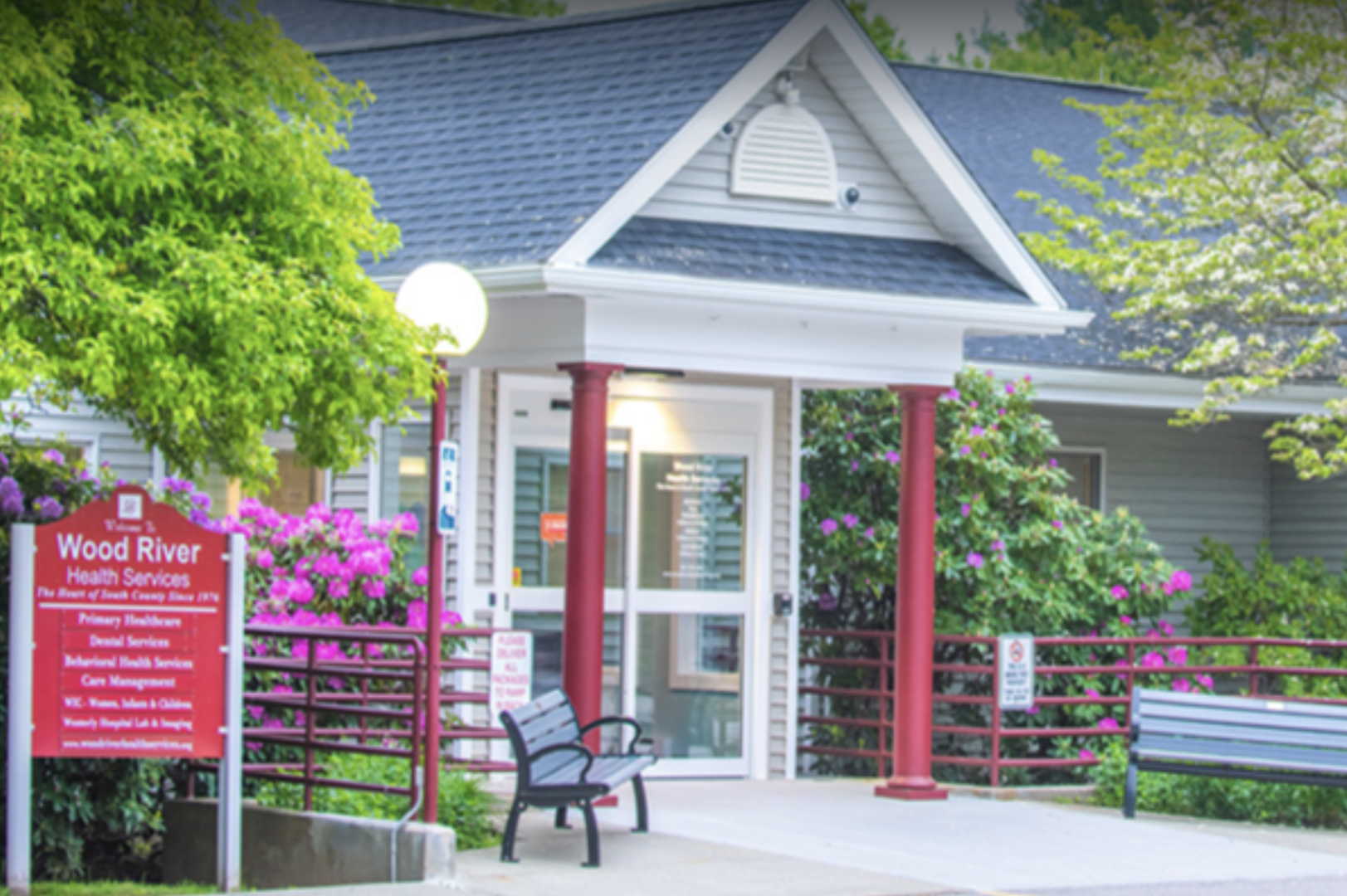Search Posts
Recent Posts
- Dr. Rosemary Costigan Named President of Community College of Rhode Island June 19, 2025
- RI Veterans: Did you know? 19.06.25 (Military Funerals, Job Fair, Benefits, Events) – John A. Cianci June 19, 2025
- East Providence First in U.S. to Equip All Firefighters with PFAS-free Gear June 19, 2025
- We Cook! Mill’s Tavern Saffron Bouillabaisse with Tarhana Lobster Jus June 19, 2025
- Rhode Island Weather for June 19, 2025 – Jack Donnelly June 19, 2025
Categories
Subscribe!
Thanks for subscribing! Please check your email for further instructions.

It’s National Health Center Week – serving a critical role in our cities/towns
RAISING AWARENESS ABOUT COMMUNITY HEALTH CENTERS
National Health Center Week 2022 will be celebrated August 7 to 13. The goal of the annual event is to raise public awareness about Health Centers such as Wood River Health Services and the critical services they provide in their communities.
Community Health Centers serve and care for people in their communities, often going beyond a “disease healing” role to being innovators who look beyond medical charts to address the factors that may get to root causes of poor health, such as poverty, homelessness, substance use, mental illness, lack of nutrition, and unemployment. They have become a critical piece of the health care system and collaborate with hospitals, local and state governments, social, health and business organizations to improve health outcomes for people who are medically vulnerable.
Eight Health Centers operate in Rhode Island, and one out of every five Rhode Islanders call a health center their medical home. Collectively, America’s Health Centers provide preventive and primary care services to over 30 million patients at 11,000 service delivery sites located in every state and territory in the United States.
“The Community Health Center Model was designed to remove barriers and challenges to care such as the lack of transportation, different languages, literacy, and race, by providing services in communities where people would otherwise not have access to doctors, primary care, and other essential health services,” stated Alison L. Croke, Wood River Health’s President and CEO. “Community Health Centers were also among the first to go beyond the four walls of medicine to address the causes of chronic and poor health conditions such as nutrition and food insecurity, homelessness, dangerous environmental conditions and unemployment.”
Community Health Centers owe their existence to an historical shift in US healthcare, and several community health and civil rights activists who fought for more than 50 years ago to improve the lives of Americans living in deep poverty and in desperate need of health care.
Among those determined to change these conditions was H. Jack Geiger, then a young doctor and civil rights activist who, while studying in South Africa, witnessed how a unique community-based health care model had brought about astonishing health improvements for the poorest citizens of that country.
Encouraged by President Lyndon B. Johnson’s major War on Poverty initiatives in the early 1960s, Dr. Geiger and other health care pioneers submitted proposals to the federal government to establish health centers in medically underserved inner city and rural areas of the country based on the same health care model Geiger had studied in South Africa. Funding for the first two “Neighborhood Health Centers” (as they were then called) – one in Boston, Massachusetts, and the other in Mound Bayou, Mississippi – was approved in 1965, and the Community Health Centers Program was launched.
The mission of Community Health Centers remains crucial today because access to basic care remains a challenge in parts of the United States where many people live in remote and underserved communities where there is a shortage of providers and, in many cases, the nearest doctor or hospital can be as far as a 50-mile drive in another county.
Rhode Island’s access to 8 centers within a small geographical location leaves the centers a tight and integral part of the weave of healthcare in our state.
Community Health Centers, as a whole, are the backbone of the nation’s primary care system. Together, they are attributed with lowering health care costs by approximately $24 billion a year by reducing the rates of chronic diseases and stimulating local economies.
To learn more about National Health Center Week, visit https://healthcenterweek.org/.

About Wood River Health Services
Since 1976, Wood River Health Services (WRHS) has provided high-quality affordable medical, dental and social services to the communities of southwestern Rhode Island and southeastern Connecticut. A private, non-profit Community Health Center, WRHS is devoted to providing quality patient care to more than 7,000 patients. It is recognized by the National Committee for Quality Assurance (NCQA) as a Patient-Centered Medical Home. WRHS is a Federally Qualified Health Center (FQHC), a community-based health care provider that receives funds from the HRSA Health Center Program to provide primary care services in underserved areas. FQHCs must adhere to a stringent set of requirements including providing care on a sliding fee scale based on the ability to pay and operating under a governing board that includes at least 51% patient-members. For information about its programs and services, visit WRHSRI.org.
Link: https://woodriverhealthservices.org/raising-awareness-about-community-health-centers/
